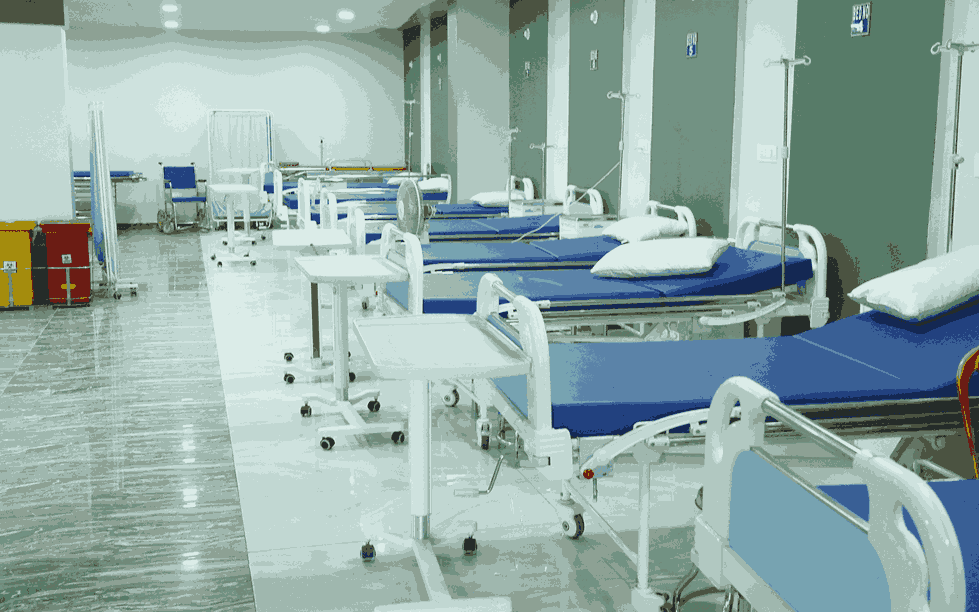- A Hospital in Uttar Pradesh
- Healthcare, Pharmaceutical Supply
- Customized Solution for Reliable Pharmaceutical Supply
- partnership, started in 2024
Background
In a small town in Uttar Pradesh, there was a hospital that struggled to provide adequate medical care to its growing number of patients. The hospital faced significant challenges in sourcing reliable, high-quality medicines, especially for serious diseases like cancer, diabetes, and heart problems. It was located in a tier 3 city where the supply chain for pharmaceuticals was unreliable. Many local suppliers were inconsistent, leading to frequent shortages of essential medicines. This caused the hospital to have difficulty in maintaining the quality of care expected by patients and their families.
Challenge
The main challenge the hospital faced was the limited availability of genuine pharmaceutical products. The hospital was dealing with counterfeit medicines and substandard products, which posed a huge risk to patient health. Additionally, the hospital was unable to get the right medications on time, especially for critical care departments such as emergency and intensive care. The lack of a reliable supply chain meant that the hospital frequently ran out of essential drugs, impacting the treatment of patients who needed immediate care.
Solution

Implementation
To implement the solution, KPhospicare worked closely with the hospital’s procurement team to set up an automated ordering system. The system allowed the hospital to place orders for medications based on real-time stock levels, and the orders would be fulfilled within the agreed-upon delivery timeline. This eliminated the need for the hospital to make emergency orders for medicines, reducing the chances of running out of critical supplies.
KPhospicare also introduced a regular delivery schedule, ensuring that the hospital would receive its medicines on time, every time. The team at KPhospicare conducted regular audits to check the quality of the products and make sure that they met the hospital’s standards. They also provided training to the hospital staff on how to manage the new supply chain system and how to identify counterfeit medicines.
Outcome
The results of the partnership were immediately visible. The hospital experienced a significant reduction in instances of counterfeit medicines, which led to improved patient care. With the timely delivery of high-quality medicines, doctors and healthcare providers were able to administer the right treatments to patients without delays. The hospital was able to meet the demands of its growing patient base, particularly for critical care treatments like chemotherapy, cardiac surgery, and diabetic care.
In addition, the hospital noticed an improvement in its reputation. Patients from surrounding areas, who previously avoided the hospital due to concerns about the quality of care, began choosing it for their treatments. The hospital’s consistent supply of essential medicines helped it build trust in the community. As a result, the hospital saw a rise in patient numbers and an improvement in its financial performance.


